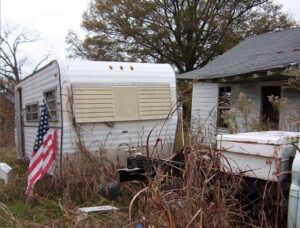
The Commonwealth needs to tighten up its system for granting and overseeing conservation easements, the Virginia Office of the State Inspector General (OSIG) has found.
One of three conservation-easement properties visited by OSIG auditors did not meet Conservation Value Review Criteria adopted to provide for quality conservation value. The inspectors saw “trash, old tires, scrap metal piles, old campers, inoperable vehicles, and a manure storage area that contained deceased cattle parts on the property.”
Additionally, easements between $500,000 and $1 million lacked restrictions for water quality, historical preservation and agricultural use when compared to easements resulting in tax credits of $1 million or more.
“Virginia provides tax credits up to $75 million per year for conservation easements and land donations,” said State Inspector General Michael C. Westfall. “In effect, Virginia is paying for natural resource preservation through these tax credits.”
OSIG recommends that the Land Trust Alliance accredit land trust companies holding easements or donations of land for these tax credits. The report also recommends that the Code of Virginia should require a lower threshold for quality reviews by the Department of Conservation and Recreation.
— JAB

Leave a Reply
You must be logged in to post a comment.